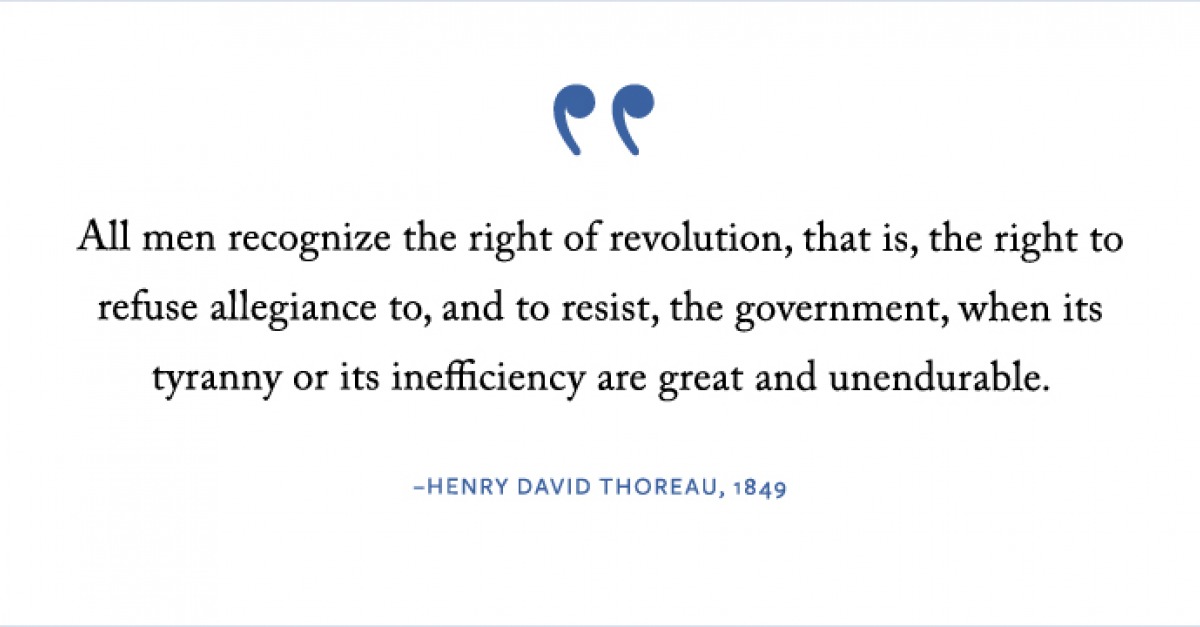

On July 4th, 1845, he completes the house and considers it the day of his own independence from societal customs and conventions. Thoreau begins working on the house through the spring months, sometimes buying supplies and sometimes receiving them as gifts. He notes that, in order to never be in debt to anyone, he later returned the ax sharper than when he received it. Starting with a completely clean slate, he borrowed the ax that he needed to cut down trees. Thoreau describes the small house that he lived in for these two years and the construction of it. Beyond these four things, a person who is willing to accept everything else from nature can live off the land entirely. He identifies only four things that people absolutely need to survive that nature cannot provide: shelter, food, clothing, and fuel. Thoreau thinks that farmers are, in some way like prisoners to their farms and that earning more than one needs for simple subsistence enslaves people to their work. He says that an excess of possessions only serve to weigh us down spiritually and with the time and hard labor it takes to earn money to buy them.

He says that he intends, in this novel to retell the plain existence that he lived for those two years so that readers might see the benefits of it and perhaps choose it for themselves. Thoreau says that his aim in this experiment would be to explore the benefits of a more simple lifestyle. He mentions that many of his friends and acquaintances were worried about his safety in the wilderness, keeping warm in the winter, the surprise that he would want to live alone without any human companionship and occasionally the envious responses of those who wish that they had a reason to join him. Thoreau has lived for two years and two months in the wilderness and then moved back to "civilized society". At the time of the novel, the experiment is already completed. Thoreau opens the novel by outlining, in very simple terms, his plan for conducting a two-year experiment where he will live in a cabin away from society near Walden Pond in Concord, Massachusetts. The essay deals particularly with Thoreau's dislike of slavery and the Mexican-American war. The essay details Thoreau's views on the individual's obligation to his conscience over the laws of the government. "Civil Disobedience" is a short essay that was originally published in 1849 under the title, "Resistance to Civil Government (Civil Disobedience)". The novel details his journey of self-discovery, his thoughts on carefully managing finances and his musings on society as a whole. Thoreau lived for two years and two months by himself in the woods and set out to live simply and meagerly off of the land and Walden Pond, the body of water that was near his cabin. The book is a memoir of Thoreau's time living in the woods near Concord, Massachusetts.


 0 kommentar(er)
0 kommentar(er)
